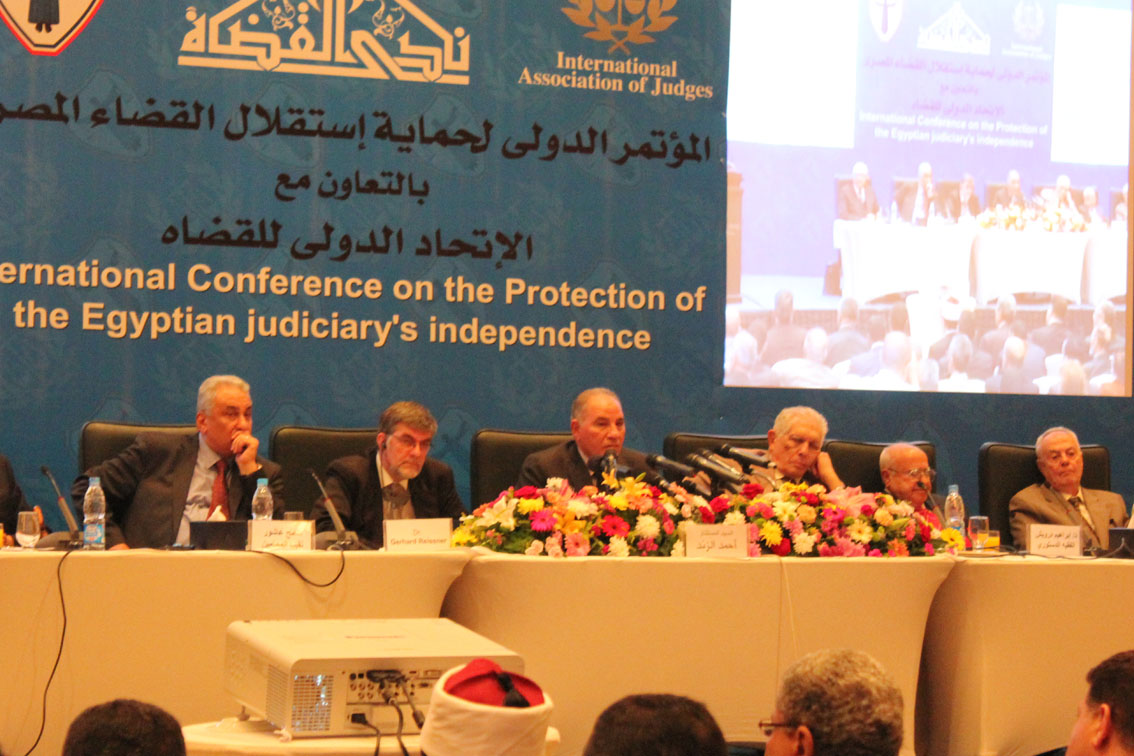CAIRO: Alashanek Ya Balady (AYB) Association for Sustainable Development, an Egyptian non-governmental organization, launched a project to fight pneumonia among children.
UNICEF and the World Health Organization have called pneumonia the “forgotten killer of children,” and Project Manager Nehal Nashaat said, “Pneumonia is the highest cause (11 percent) of infant mortality in Egypt.”
Called “Protection is their Right,” the project will be implemented over the coming five years. “We’ll be working on three levels: protection, prevention and treatment,” Nashaat said.
Pneumonia is an infection of the lungs, which fills them with fluid causing coughing, fever and difficulty breathing. Sever pneumonia, if left untreated properly, can be fatal. Given the proper care, pneumonia is preventable and curable — thousands of child deaths can be prevented through awareness and vaccination.
The project is carried out by AYB in partnership with the Egyptian Pharmaceutical Students Federation and under the auspices of the Egyptian Pediatrics Association.
Nashaat explained that the key to protection is building children’s immune system by raising awareness on the importance of breastfeeding, proper nutrition and keeping infants away from pollution.
Meanwhile, prevention entails proper vaccinations and treatment necessitates doses of antibiotics and medication.
The campaign’s objectives include spreading awareness in Egypt about pneumonia; vaccinating 10,000 high-risk children in 10 governmental hospitals with the PCV7 vaccine to protect them against Pneumococcal Diseases and pneumonia and establishing a free-of-charge vaccination clinic at the Egyptian Pediatrics Association’s premises for underprivileged children.
Vaccination against pneumonia is not included in the Ministry of Health’s National Immunization Program, something the project hopes to change. “We will be working hard to advocate that it becomes [included] by 2015,’ said Nashaat.
The pneumonia vaccine is not affordable to those in underprivileged communities, whose children are at most risk.
Stages of the project include two main parts: awareness and vaccination.
“Awareness campaigns will be carried out on two levels: in the community through volunteers and leaders and at organizations for their employees who will pass it on to others in their social circle,” explained Nashaat.
They will also be carrying out vaccination campaigns at organizations as well as for children at high risk of getting pneumonia. “From every vaccine, LE 100 will be put to vaccinate a child in an underprivileged area,” she said.
The project will need LE 5 million to vaccinate 10,000 children in its first year and for the planned awareness campaigns in governorates around Egypt. Funding will come through LE 100 taken from every vaccine price, from private corporations and via three fundraisers in July, August and November.
“Our aim is to have the largest development model in Egypt,” said Raghda El Ebrashi, founder and chairperson of AYB-SD, noting that this will be done through university chapters of the NGO.
They are also training NGOs in Upper Egypt to implement the development model.

